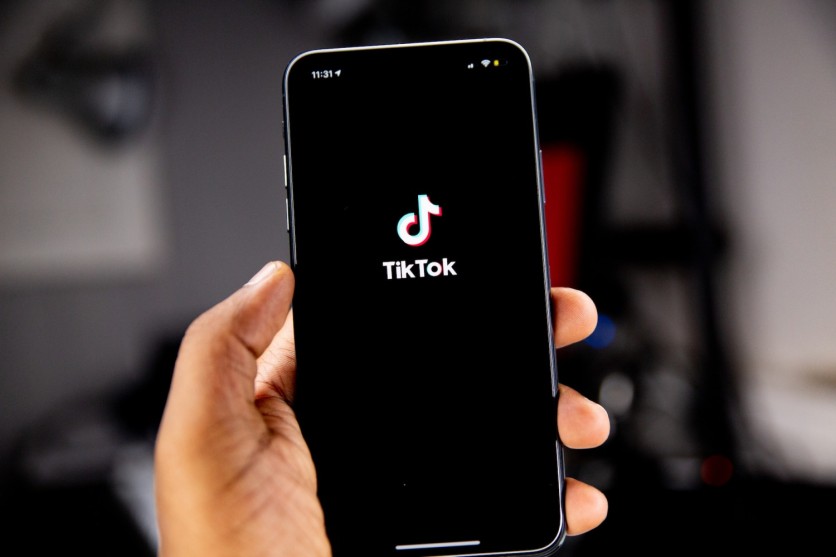It's more than a year since Russia invaded Ukraine, and since then, disinformation about their conflict is only getting worse. However, that does not mean the war against fake news has stopped.
New data from TikTok exposes the alarming proliferation of fake TikTok accounts disseminating disinformation about Russia's war in Ukraine.
The deceptive posts, strategically targeting Ukrainian and Russian users alongside a broader European audience, aim to "artificially amplify pro-Russian narratives," as outlined in a report on Wednesday, Dec. 13.
Fictitious News Outlets Peddling Deception

Unmasking a troubling tactic, TikTok's report reveals that some of these misleading accounts posed as fictitious news outlets. This added layer of deception aimed to lend credibility to the disinformation campaigns circulating on the video-sharing platform.
As reported by CNBC, a separate investigation by the BBC, published on Friday, Dec. 15 brought to light 800 fake accounts with a distinct focus on European countries.
The bogus content propagated false claims suggesting that senior Ukrainian officials and their relatives indulged in luxury purchases, such as cars and villas, following Russia's invasion in February 2022.
Related Article : Alleged Russian Cyberattack Persists, Ukraine Still Has No Internet, Air Alert Systems a Day After Attack
TikTok's Response to the Menace
Responding to the burgeoning issue, a TikTok spokesperson informed CNBC that the company had proactively investigated these accounts before the BBC's expose.
All identified fake accounts, the spokesperson assured, have been promptly removed. The statement indicated that TikTok is committed to combating deceptive behaviors and maintaining the integrity of its community.
13,000 Fake Accounts Operated in Russia
TikTok's investigation identified a substantial portion of the fake accounts, approximately 13,000, operating from within Russia. These accounts played a pivotal role in disseminating Kremlin war propaganda, strategically tailored to local languages in countries including Ukraine, Russia, Germany, Italy, Turkey, Serbia, Czechia, Poland, and Greece.
Surprisingly, some of the identified fake accounts operated from within Ukraine, contributing to the disinformation landscape by "artificially amplifying narratives aiming to raise money for the Ukrainian military."
Magnitude of Influence: Exceeding One Million Followers
Despite the removal of these fake accounts, the video-sharing platform revealed that the combined followership of the deceptive profiles exceeded one million. This staggering figure highlights the potential impact of disinformation campaigns, even as videos on the platform routinely reach millions of viewers.
These revelations come in the wake of TikTok's increased self-reporting efforts amid growing international pressure on social media platforms to curb the proliferation of false users and disinformation.
The disclosure gives another level of concern following the U.K.'s recent accusations against Russia, citing a years-long "campaign of malicious cyber activity" aimed at undermining British democracy.
Aside from TikTok, disinformation about the Russia-Ukraine war was also all over Twitter and other social media apps. Even then, the companies could only do so little to stop it from propagating.
In March 2022, DuckDuckGo started to down-rank sites that favor Russian narratives.

ⓒ 2025 TECHTIMES.com All rights reserved. Do not reproduce without permission.




